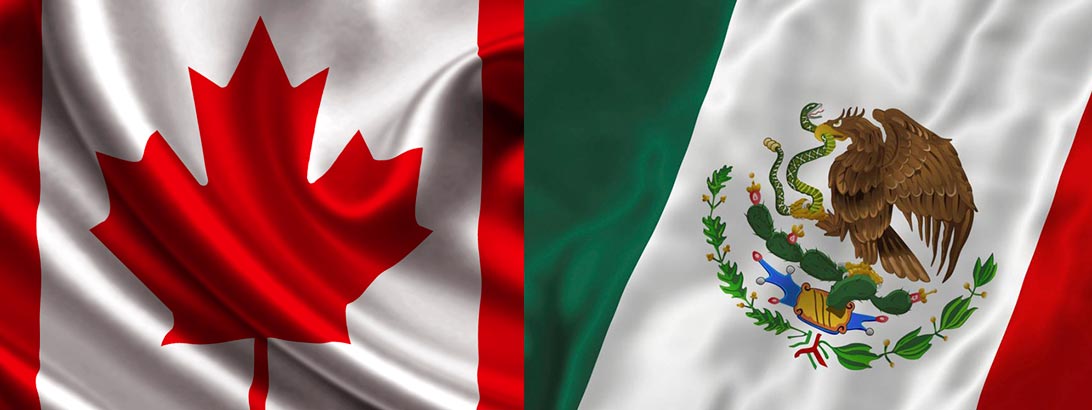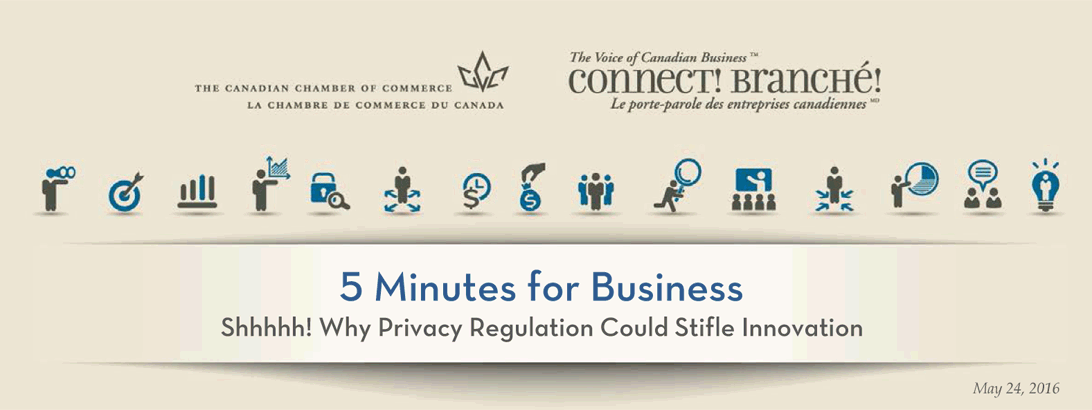
Niagara is on board with GO.
While the timeline to bring year-round weekday rail service to the region raised some eyebrows in the community, local leaders are celebrating the provincial commitment that was made to get the first train down the tracks by 2021.
It was announced Tuesday that commuter service to the region will begin in Grimsby and will be expanded through to St. Catharines and Niagara Falls by 2023.
“Before the announcement people were asking me what I thought and I said I don’t really care where it goes in the Niagara region as long as it makes it here,” Grimsby Mayor Bob Bentley said with a laugh.
A sense of relief came when it was realized the region will get its wish and Grimsby will get a new station at Casablanca Boulevard.
“We know it’s going to be a game changer not only for our community but the whole Niagara region,” Bentley said.
Niagara’s GO rail extension, subject to a final agreement with CN Rail, will operate on 60 kilometres of track between the future Confederation station in Hamilton — for which construction begins next year and will be completed in 2019 — and Niagara Falls.
In addition to construction of a new station in Grimsby, existing train stations in St. Catharines and Niagara Falls will see upgrades beginning as soon as next summer.
Bentley said his community has seen significant growth over the past 10 years, including substantial construction activity in the Casablanca area.
In preparation for continued growth, and for the GO expansion, the Town of Grimsby has been working on existing land restrictions that are in place under the provincial greenbelt protection plan.
A comprehensive report has since been submitted to the province for initial review, outlining what Bentley called the town’s concerns over a lack of employment lands in the area and limited viable farm land.
He stressed that property with good quality soil and viability for farming should be protected, as well as some water courses and heritage wood lots that are “of interest and sensitive.”
There are lands on “very poor quality soil” that would be available to support the development that’s expected to accompany GO, Bentley said, but they must first be freed up under the legislation.
“We offered up additional lands to trade,” he said, which is in line with the legislation’s mandate that the greenbelt not get smaller but continue to grow.
Response from the province is expected this summer.
Niagara’s business community is also thinking ahead.
GO’s arrival in the region will mean “better labour force flexibility, mobility and also will potentially offer better youth retention and attraction,” said Mishka Balsom, president and CEO of Greater Niagara Chamber of Commerce.
It will likely mean continued growth in the real estate market, not to mention the “huge marketing opportunity” GO presents for the tourism industry, she said.
The key question Balsom wants to see answered as soon as possible is how frequently throughout the day the trains will run to and from Niagara.
That will make a world of difference to the business community, she said, calling it a “critical component” to the service’s success.
She wants to see no fewer than seven trains in and seven trains out.
And with that comes the need for an inter-municipal transit system to get people to the rail service.
Balsom hopes to see a report from the regional working group outlining the plan for the transit model before the end of the year.
For Dolores Fabiano, news of GO’s pending expansion offers a chance to celebrate what Niagara can accomplish as a united front.
“This really was about many voices, including the municipalities, businesses and other organizations all singing the same tune. We certainly can be mighty when we work together,” the executive director of the Niagara Falls, Port Colborne-Wainfleet and Welland-Pelham chambers of commerce said.
Fabiano does have concerns about the timeframe provided by the province, “because a lot of things can happen over the course of five to seven years,” but she chose to focus on the good news the announcement included.
“It is a day of celebration because many were doubtful we would ever even get to this point.”
While she wants to mark the occasion, she also wants to ensure pressure remains on the province to deliver on its promises.
She’s also hoping for more detail on the dollars needed for the GO expansion.
Ontario Transportation Minister Steven Del Duca, who delivered the news Tuesday, declined to comment on the expansion’s overall cost, citing ongoing negotiations with CN.
“It’s a bit of a head-scratcher,” Fabiano said, adding she would like to see those numbers provided to the public.
“I think we have to be demanding for those updates and we have to stay on top of it. We have to be as adamant as we have been all along.”
Contacted for comment, CN Rail spokesman Mark Hallman said the company is collaborating with the province and Metrolinx to “create a safe and efficient transportation system for the movement of commuters and goods in Hamilton-Niagara region.”
“CN has a strong history of partnering with passenger and commuter rail agencies, including with Metrolinx and the Ontario government, to bring expanded commuter service to communities across the Greater Toronto and Hamilton Area, while protecting its customers’ access to an efficient and reliable rail freight network.”
Original article: http://www.stcatharinesstandard.ca/2016/06/29/go-news-is-good-news










